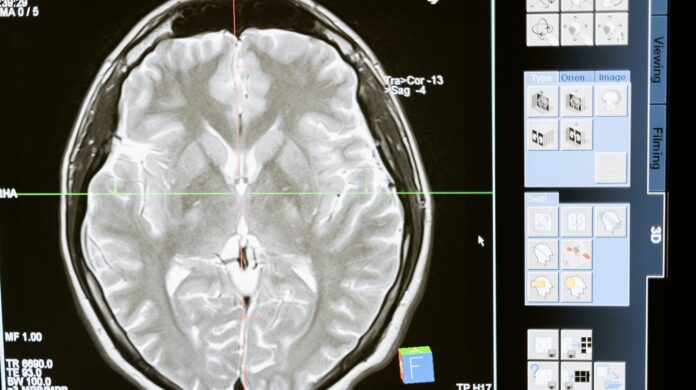What is Automaticity in Word Recognition
Automaticity in word recognition refers to the ability to effortlessly and quickly recognize words without having to consciously think about each letter or sound. It is a crucial component of reading comprehension, as it allows us to allocate our cognitive resources to higher-level tasks, such as understanding the meaning of the text.
When we first learn to read, we rely on decoding strategies to sound out words. However, with practice and exposure to a wide range of texts, our brain develops automatic processes for word recognition. This means that we can instantly recognize familiar words based on their visual representation, without having to go through the step-by-step process of decoding.
Automatic word recognition is like a well-oiled machine in our brain. As we encounter words repeatedly, the connections between their visual form and their meaning become stronger and more efficient. This enables us to read more fluently and with greater comprehension.
Developing automaticity in word recognition requires consistent practice and exposure to a variety of texts. By reading widely and regularly, we expose ourselves to a diverse range of words, which helps strengthen our word recognition skills. Additionally, engaging in activities that promote word recognition, such as word games and flashcards, can also be beneficial.
In the next section, we will explore the importance of automaticity in word recognition for reading comprehension. So, let’s delve deeper into this fascinating topic.

Developing Automaticity in Word Recognition can Lead to Improved Reading Comprehension.
Fast and Efficient Reading
Automaticity in word recognition plays a crucial role in enabling fast and efficient reading. When we achieve automaticity, we no longer need to consciously decode each letter or sound in a word. Instead, our brain quickly recognizes familiar words as whole units, allowing us to effortlessly move through the text. This automatic process frees up our cognitive resources, enabling us to focus on higher-level comprehension tasks.
Comprehension and Fluency
Automatic word recognition is closely linked to reading comprehension and fluency. As we become more proficient readers, our brain develops strong connections between the visual representation of words and their meanings. This connection allows us to effortlessly understand the words we encounter, leading to improved comprehension.
Additionally, automaticity in word recognition enhances reading fluency. Fluency refers to the ability to read smoothly and accurately with appropriate speed and expression. When we recognize words automatically, we can read more fluently, maintaining a steady pace and natural rhythm. This fluency not only enhances understanding but also makes reading a more enjoyable experience.
Without automaticity, the act of reading can become slow and laborious. Instead of focusing on the meaning of the text, readers may find themselves struggling to decode individual words, leading to disruptions in comprehension. By developing automatic word recognition, we can read with greater ease and efficiency, enhancing our overall reading experience.
Improving automaticity in word recognition is a goal for readers of all ages and skill levels. Whether it’s for young children learning to read or adults looking to enhance their reading abilities, there are various strategies that can be employed to develop this essential skill. Reading widely, engaging in word games, and using flashcards are just a few examples of activities that can help strengthen automatic word recognition.
Automaticity in word recognition is crucial for fast and efficient reading, as well as improved comprehension and fluency. By developing this skill, we can enhance our reading experience and become more proficient readers. So let’s continue to practice and expose ourselves to a wide range of texts to strengthen our automatic word recognition abilities.


